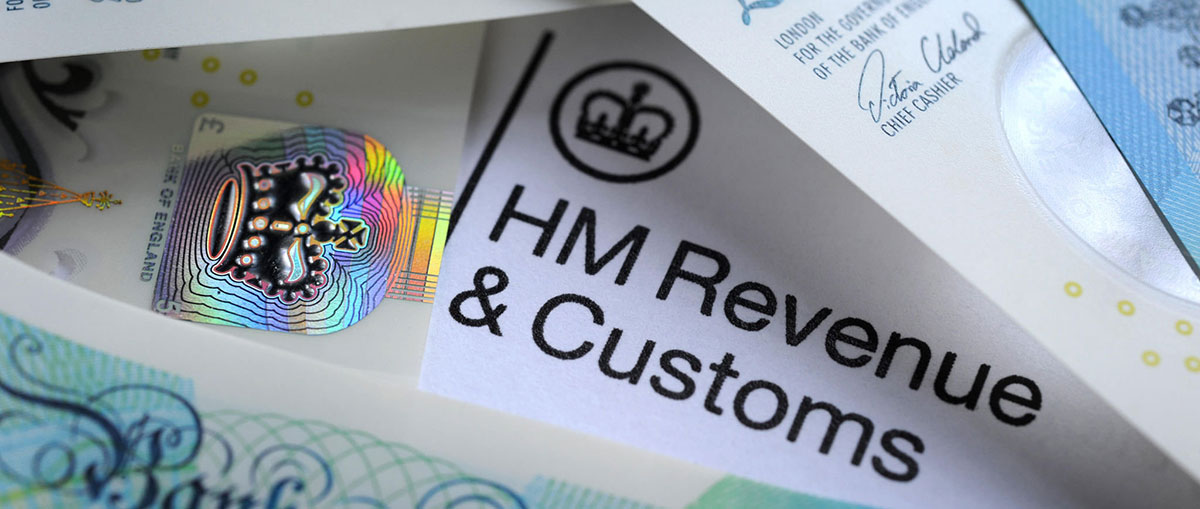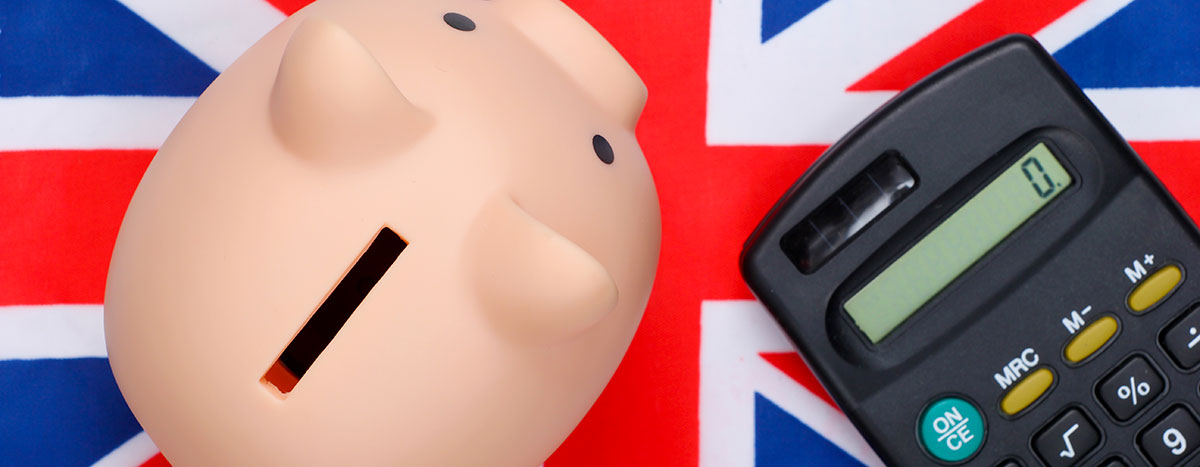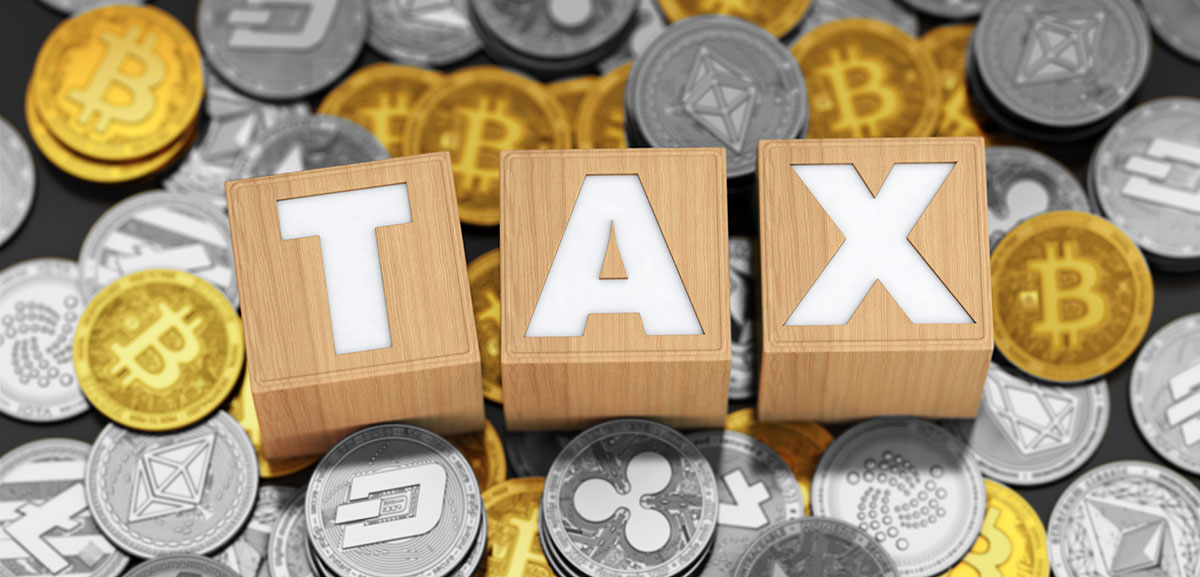Introduction
Once upon a time, there was a trader that accidentally was me and planned to move to the UK to follow my dreams and start a new life in Blighty. On the other side, I am a tech fan and always following hot topics in the market eagerly.
And what section would be more attractive than the crypto market? As a crypto trader, I try not to lose any opportunities in this market, observing all corners of this fluctuating market, airdrops, ICOs, IPOs, and even mining cryptocurrencies, which is changed these days.
I remember the early days of the last decade when every 15 minutes, we could mine a block of Bitcoin. But how much this market grows, the regulations and laws become more severe.
Every day we see in the news that a celebrity, a politician, or an athlete is condemned for tax violence, which makes me more sensitive about crypto tax liability. Hereunder you can see my investigations about crypto tax in the United Kingdom.
Abstract
A close look at the crypto market and its outstanding growth attracts everyone. Still, as much as this market becomes more extensive, the governments become more sensitive over it to regulate and collecting TAX because crypto earnings, in all possible ways, are a financial activity, it follows all the rules of the market, such as supply and demand, gain and loss, etc.
The rise of the blockchain industry and decentralized technology has unleashed a new breed of apps, sites, and services within the fintech space and across all major industries, including but not limited to banking, supply chain, medical sector, and much more parts in our daily life that always attract me to this newly raised market.
Once you invest in crypto assets, you may make taxable gains, profits, or losses. You might also earn taxable income from crypto assets for certain activities, including any increases in the invested funds in the cryptocurrencies over GBP6K (which has three stages), revenues received through crypto mining, airdrops, and DeFi rewards, or any other types wages the salaried person receives in crypto. On this page, we explain the basics from a UK tax perspective.
Although we have checked the various points of this guide with HMRC, it is not legal advice — please check with a tax adviser if you are unsure at any moment.

The HMRC
I began to research a few keywords to learn about tax law. Those keywords are “The UK,” “Cryptocurrency,” and “TAX.”.
What Exactly is the HMRC?
The HMRC (Her Majesty’s Revenue and Customs), a non-ministerial agency in the UK responsible for tax collection, has released equitably comprehensive guidelines for filing taxes on the cryptocurrency industry in the UK that cover crypto trading, payments, income, mining, gifts, and business activity. Cryptocurrency gains or losses are subject to capital gains tax (CGT). Cryptocurrency taxation in the UK varies between individuals and businesses.
HM Revenue & Customs (HMRC) has advised it considers crypto to be a type of property, like stocks and shares, gold, or antiques. In the UK, HMRC guidance means you are expected to pay tax on your earnings from your crypto activity.
Do I Need to Pay Tax on My Crypto Profits in the UK?
As mentioned earlier, there are three taxable cryptos activities.
- Any gains over GBP6K1.
- Incomes from Crypto mining, airdrops, or DeFi rewards.
- Crypto wages.
According to the HM treasury in the autumn statement of 2022, the annual exempt amount is GBP6000 which was GBP12300, but it will be effective April 2023.

But both Gain and Loss are Taxable!
We have studied gains cases, but if your giveaway your crypto funds to charities, as a gift to someone, or even against receiving goods or services, it would be taxable as well, and you have to report the balance of your gains or losses.
Please note that crypto transaction fees, network fees, etc., can be considered, and it is necessary to report them officially.
Crypto gifts, mining, airdrops, staking and lending revenues, and crypto payments are taxable revenue that must be reported.
TAX Liable Activities in the UK
Any crypto-asset exchange tokens (known as cryptocurrency) you receive from employment, mining, and airdrops count as income. If you receive tokens as income, you’ll need to keep records for paying:
- Income Tax
- National Insurance contributions
There is no need to pay tax on tokens when you buy them, but as the seller of “coins” or “tokens,” you need to pay the tax.
Buying and Selling Crypto
If I sell my crypto assets for more price than I bought, I have to pay capital gains tax on the profit. If I lost capital via trading, those losses could minimize my capital gains tax bill.
Swapping and exchanging my cryptocurrencies for a different crypto asset will also be considered capital gains in the law.
It is taxable, even if it involves selling my crypto to other investors or liquidity pools. In “exceptional circumstances,” such as trading vast amounts of crypto, HMRC will consider you a trader and request me to pay income tax on trading instead of capital gains taxes.

Is Your Crypto Wages TAX Liable?
Nevertheless, earnings tax and national insurance contributions should be paid in the cryptocurrency you’re paid in or whoever pays you. If your income is, a readily convertible asset UK employers must pay your Income Tax and National Insurance contributions via PAYE before they pay you. If they have not, you’ll pay your Income Tax and complete a Self-Assessment tax return in pound sterling. If you’re new to Self-Assessment, you’ll need to keep records, including:
Nevertheless, earnings tax and national insurance contributions should be paid for the cryptocurrency you’re paid in or who pays you. Suppose you are an employee, and your income is a readily convertible asset UK. In that case, the employer will be bounded to pay your Income Tax, National Insurance contributions, and other official customs via PAYE before they pay you. If they have not, you must pay your Income Tax and complete a Self-Assessment tax return in pound sterling. If you’re new to Self-Assessment, you’ll need to keep records, including:
- Type of tokens
- The date you disposed of them
- Number of tokens you’ve disposed of
- Number of tokens you have left
- Value of the tokens in pound sterling
- Bank statements and wallet addresses
- A record of the pooled costs before and after you disposed of them
Mining
- Mining as a Business: If your mining activity is considered a business, the mining revenue will be added to trading earnings and be subject to income tax deductions.
- Mining as a Hobby: If your mining activities can be categorized as a hobby, any income must be announced under miscellaneous income when you fill out your tax return, and you almost pay income tax on your gains.
Crypto Inheritance
Cryptocurrency as the property includes UK tax law.
DeFi Earn
In 2022, the UK published new guidance, which you can see at (https://www.gov.uk/hmrc-internal-manuals/cryptoassets-manua/crypto61214, on the tax treatment of incomes from the DeFi industry. How these assets are taxed should be determined case-by-case.
- Whether the return to be received by the lender/liquidity provider is known when the agreement is made. If the return to be received has been agreed upon, for example, 5% per annum, this would indicate a revenue receipt. If the return to be received is unknown and speculative (and could result in a loss from the activity), this would indicate a capital receipt.
- If the return is realized through the disposal of a capital asset, this would indicate a capital receipt. If the return is paid by the borrower/DeFi lending platform to the lender/liquidity provider, this would indicate a revenue receipt.
- Whether the return is paid periodically throughout the period of the lending/staking or whether it is paid upon repayment of the principal. A one-off payment is more likely to have the nature of capital, while a recurring payment is more likely to have the nature of income.
Airdrops
Airdrops are a common way to promote their business or attract network participants for new platforms to reward early supporters and attract media attention. Funds received from an airdrop, or hard fork include taxes as income.
Crypto Donations
If you send crypto to someone, not your spouse or civil partner, the gift’s equivalent fiat value (GBP) will be a capital income for the recipient, even if they don’t cash it into money. Donating the crypto fund to charity purposes (taken into account and is not taxable) includes Capital Gains Tax.
FAQs About Crypto Taxes
Q) Do I have to pay tax on cryptocurrency?
A) There are three taxable cryptos activities.
- Any gains over GBP6K.
- Incomes from Crypto mining, airdrops, or DeFi rewards.
- Crypto wages.
Q) What Crypto Activity do you need to pay tax on in the UK?
A) Any crypto-asset exchange tokens (known as cryptocurrency) you receive from employment, mining, and airdrops count as income. If you receive tokens as income, you’ll need to keep records for paying:
- Income Tax
- National Insurance contributions
There is no need to pay tax on tokens when you buy them, but as the seller of “coins” or “tokens,” you need to pay the tax.
Q) How to pay capital gains tax on cryptocurrency?
A) Crypto capital gains up to £12,300 are tax-free allowance. For additional income from crypto over the personal allowance, you’ll pay between 20% to 45% in tax.
Q) How much is cryptocurrency tax?
A) Three different rates depend on the equivalent amount of your annual crypto income gain or loss;
- Basic Rate: If your yearly crypto income is GBP 50.270 and below, you must pay 10% of it as TAX.
- Higher Rate of Income: Any crypto revenues between GBP50.270 to GBP150.000 and more are liable for 20% of income.
Conclusion
Receipt of any funds by the lender/liquidity provider, nevertheless how it is transferred into the account of the beneficiary as much as it concludes the nature of capital or whether revenue it would be taxable.
The lending/staking of tokens through DeFi is constantly evolving, so it is impossible to set out all the conditions in which a lender/liquidity provider receives a return from their activities and the nature of that return. Instead, some guiding principles are set out.
You need to define whether the return has the nature of revenue and if the lender/liquidity provider or the return has the essence of the capital.
Whether the received return by the lender/liquidity provider has been agreed in an agreement, the revenue passes according to a mutually agreed contract (e.g.,. Rate/Year), and it would be considered the receipt revenue. If you receive any revenues from speculative activity, it results in gain or loss; this would be taxable, too.
The revenue receipt will be taxable if a borrower or a DeFi platform pays the return to the lender/liquidity provider.
Once the return is paid periodically throughout the lending/staking or paid upon a repayment, periodic principal t will also be considered taxable. A one-off payment is more likely to have the nature of capital, while a recurring revenue is more likely to have the soul of income.
In general, all gains and losses defined in the law and the instruction approved by the HMRC of the United Kingdom will be taxable.
